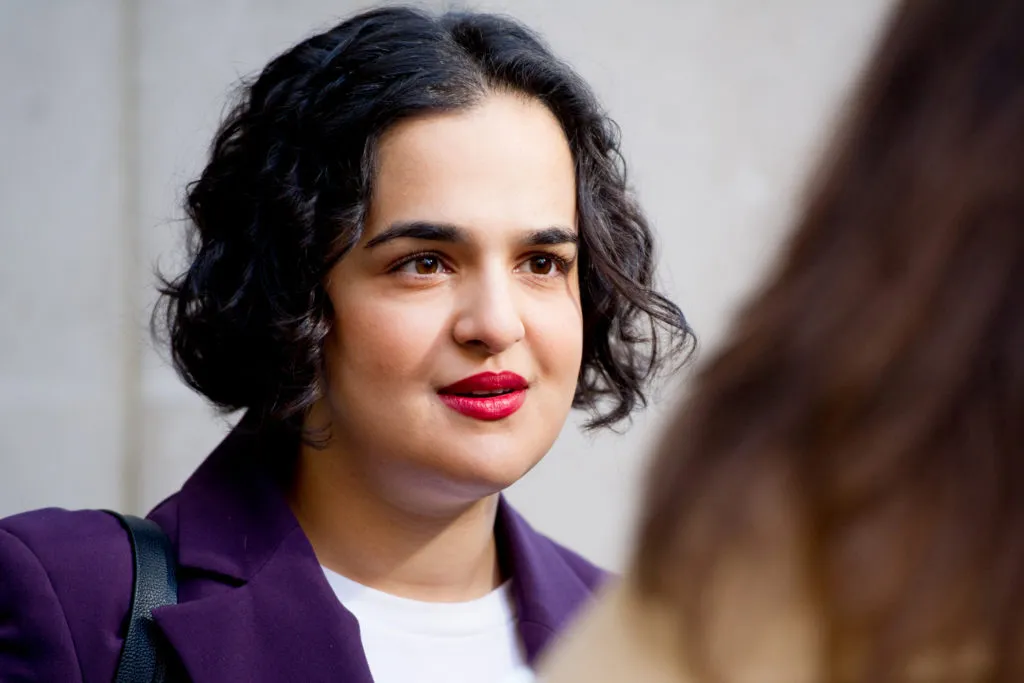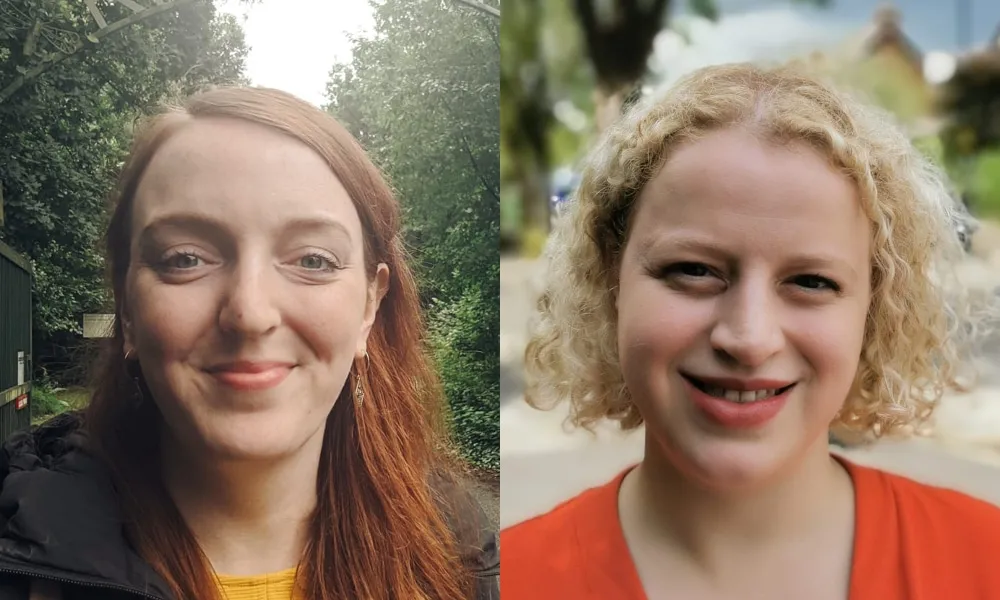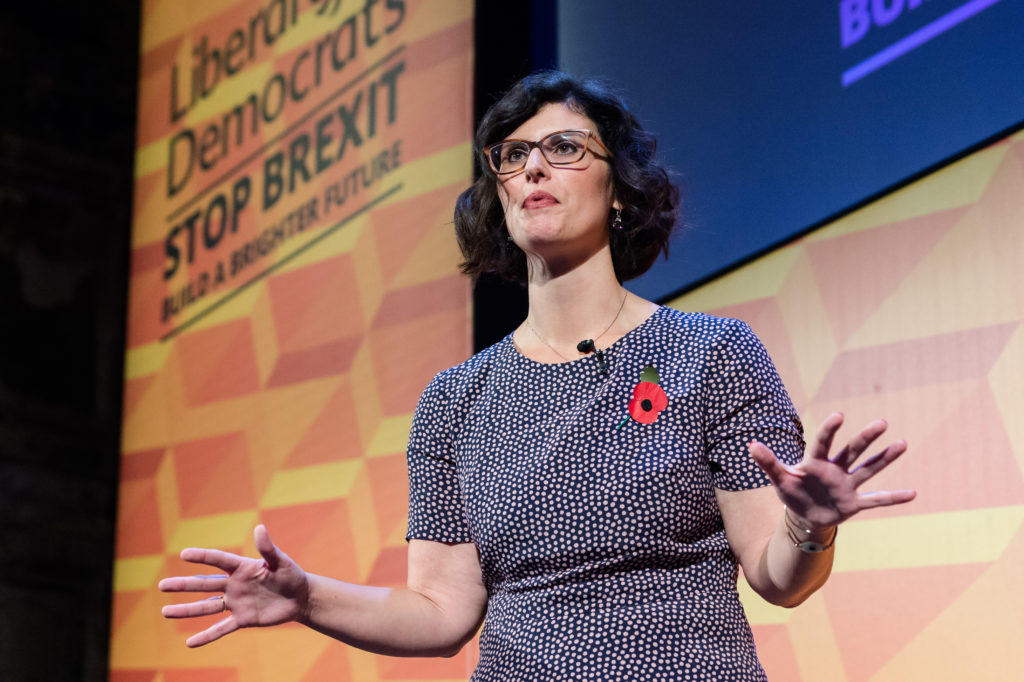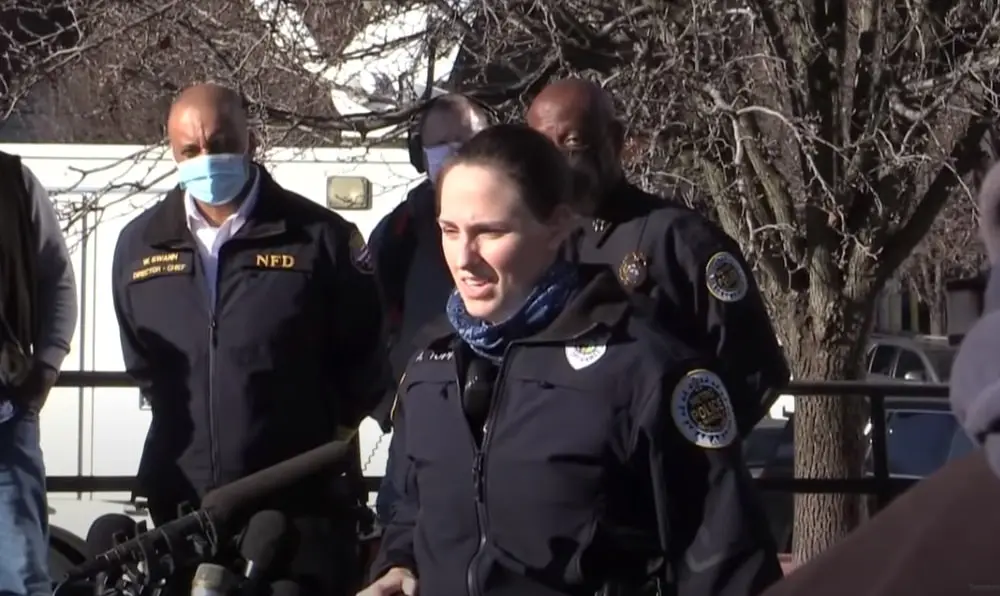Landmarking A Historic Lesbian Space in SF
The LGBTQ community lost a pioneer in April, when LGBTQ activist Phyllis Lyon (1924–2020) passed away at her house in San Francisco. Together with her partner and later wife of over 50 years, Del Martin (1921–2008), Lyon cofounded the Daughters of Bilitis in 1955, the first lesbian-rights organization in the United States. Just a few months after Lyon’s death, the Noe Valley house that Lyon and Martin shared for over five decades was sold and is now threatened with demolition. Community members are organizing to attempt to save this historic structure from erasure, establishing the group Friends of the Lyon-Martin House, for which the GLBT Historical Society, whose archives hold Lyon and Martin’s papers, is serving as fiscal sponsor. On October 19, District 8 Supervisor Rafael Mandelman initiated the process to name the Lyon-Martin House a San Francisco Landmark. With Mayor London Breed’s approval on October 30, the nomination moves to the San Francisco Planning Department and from there to the Historic Preservation Commission. Success in naming the house a landmark will require major support from the LGBTQ community during the series of hearings that accompany the landmarking process. History Happens interviewed architectural historian and preservation planner Shayne Watson, who is spearheading the preservation efforts with Friends of the Lyon-Martin House.
Why is it important to preserve the Lyon-Martin house as a queer historic space in San Francisco?
Connecting our history to the physical places where that history unfolded makes the stories really come to life. Imagine trying to convey the significance of Stonewall without the actual Stonewall Inn, or the Compton’s Cafeteria Riot without that now-iconic building at the corner of Turk and Taylor. A bronze sidewalk plaque just doesn’t cut it. The Lyon-Martin House is a landmark with or without formal designation. Just as Americans claim Independence Hall as a birthplace of American democracy, queer people throughout the world can claim the Lyon-Martin House as a place instrumental in the development and advancement of our fundamental rights — it’s part of our collective experience.
With our Executive Director Terry Beswick, you served as the co-chair of the Arts, Culture and Heritage Committee for the LGBTQ+ Cultural Heritage Strategy, which went to the Board of Supervisors last year. Does it provide guidance on saving sites such as the Lyon-Martin House?
The LGBTQ+ Cultural Heritage Strategy was published in 2020 after three years of engagement with LGBTQ communities in San Francisco. Feedback from queer San Franciscans was clear: as current stewards of our history, we have a responsibility to ensure that San Francisco’s LGBTQ heritage — in all its colorful diversity — is preserved for future generations to experience and celebrate. Our committee developed actions to realize this goal, including the development of a Historic Preservation Advocacy Group composed of experts in the areas of LGBTQ history, historic preservation and related fields. A primary goal of this group would be to fulfill the recommendations outlined in the Citywide Historic Context Statement for LGBTQ History, adopted by the Historic Preservation Commission in 2015, which serves as a guide for the treatment of historic properties associated with LGBTQ history. One of the first recommendations is to landmark sites of significance.
If the Board of Supervisors designates the Lyon-Martin House as a landmark, what protections does this status offer?
The current reality is that the Lyon-Martin House is private property and the new owners have a right to propose demolition. But if the Lyon-Martin House is designated a San Francisco Landmark, any proposed project that would result in demolition or substantive alterations to the building would need to be reviewed and approved by the Historic Preservation Commission at a public hearing. I certainly wouldn’t want to be the person at the hearing trying to demolish or muck up the longtime home of one of the most significant lesbian couples in history. Those who are interested in supporting our efforts to preserve this historic building can join the Friends of Lyon-Martin House by signing the letter of support. And participate in the webinar on January 19 (check the Friends website for information) on the future of the house cohosted by the National Trust for Historic Preservation, the California Preservation Foundation, and the GLBT Historical Society. Finally, you can write a letter or speak in support when the Lyon-Martin House Landmark designation is heard by the Historic Preservation Commission (in late February) and the Board of Supervisors (TBD).
Mark Sawchuk is communications manager at the GLBT Historical Society.
Shayne Watson is the owner of Watson Heritage Consulting, a Bay Area-based consultancy for architectural history and historic preservation planning.





